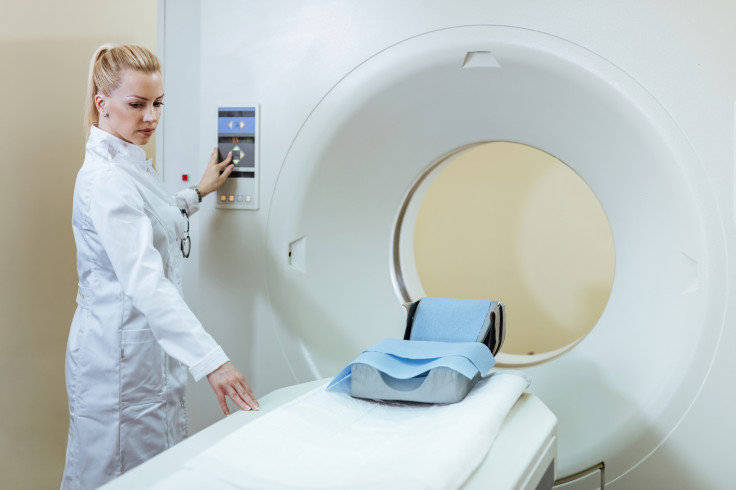
What was meant to be a routine procedure for a 34-year-old woman suffering from a toothache turned tragically fatal after she underwent a CT scan to assess her condition. In less than two hours, she died from a severe anaphylactic reaction to a dye commonly injected into patients before the scan.
Leigh Rodgers, from County Durham, England, had been enduring a severe toothache for two weeks without being able to get a dentist appointment. The pain eventually spread to her neck and chest, prompting her to rush to the hospital.
Concerned about a potential diagnosis of Ludwig's angina, a rare but life-threatening bacterial infection that can stem from tooth infections, doctors decided to perform a CT scan. While the scan ruled out Ludwig's angina, Leigh's condition took a tragic turn soon after.
Within minutes of the procedure, Leigh began showing severe signs of an allergic reaction. Just 90 minutes later, she passed away from a devastating anaphylactic reaction to the contrast dye used in the scan.
Pam Rodgers, Leigh's grieving mother, firmly believes that the delay in securing a dentist appointment played a role in her daughter's tragic death. She insists that if Leigh had been seen earlier, she would have never needed the CT scan that ultimately led to her death.
"Every time I close my eyes I imagine my daughter in the coffin. If she could've got a dental appointment, she wouldn't be dead, and if she could've got urgent care she wouldn't have been dead," she said.
Rodgers also claims that doctors failed to warn her daughter about the potential risks of the CT scan, including the possibility of a severe allergic reaction. She is now speaking out to raise awareness about these risks, hoping to prevent similar tragedies in the future.
"I don't accept that they were too busy and there's nothing stopping them from handing out a leaflet to explain the risks and to explain what they are doing to her. I want to make people aware of the risks of contrast media and issues with the NHS," she added.
Serious allergic reactions to contrast dye are rare, affecting less than 1% of patients. Most reactions occur within an hour, often within the first five minutes, though delayed responses can happen. Symptoms range from skin reactions to severe breathing difficulties, nausea, vomiting and convulsions. Certain health issues such as kidney conditions, heart disease, use of certain medications, and past allergies can increase the risk of contrast dye reactions.







